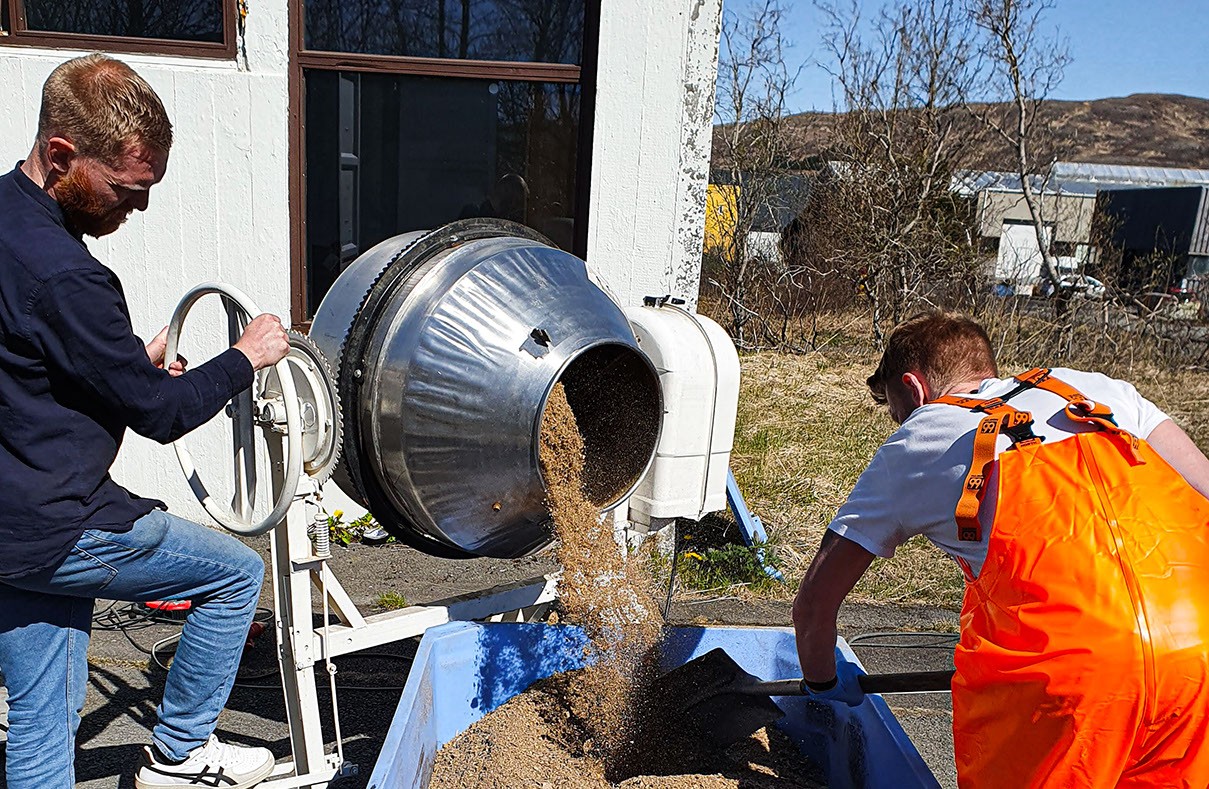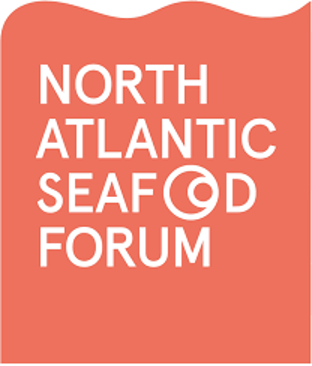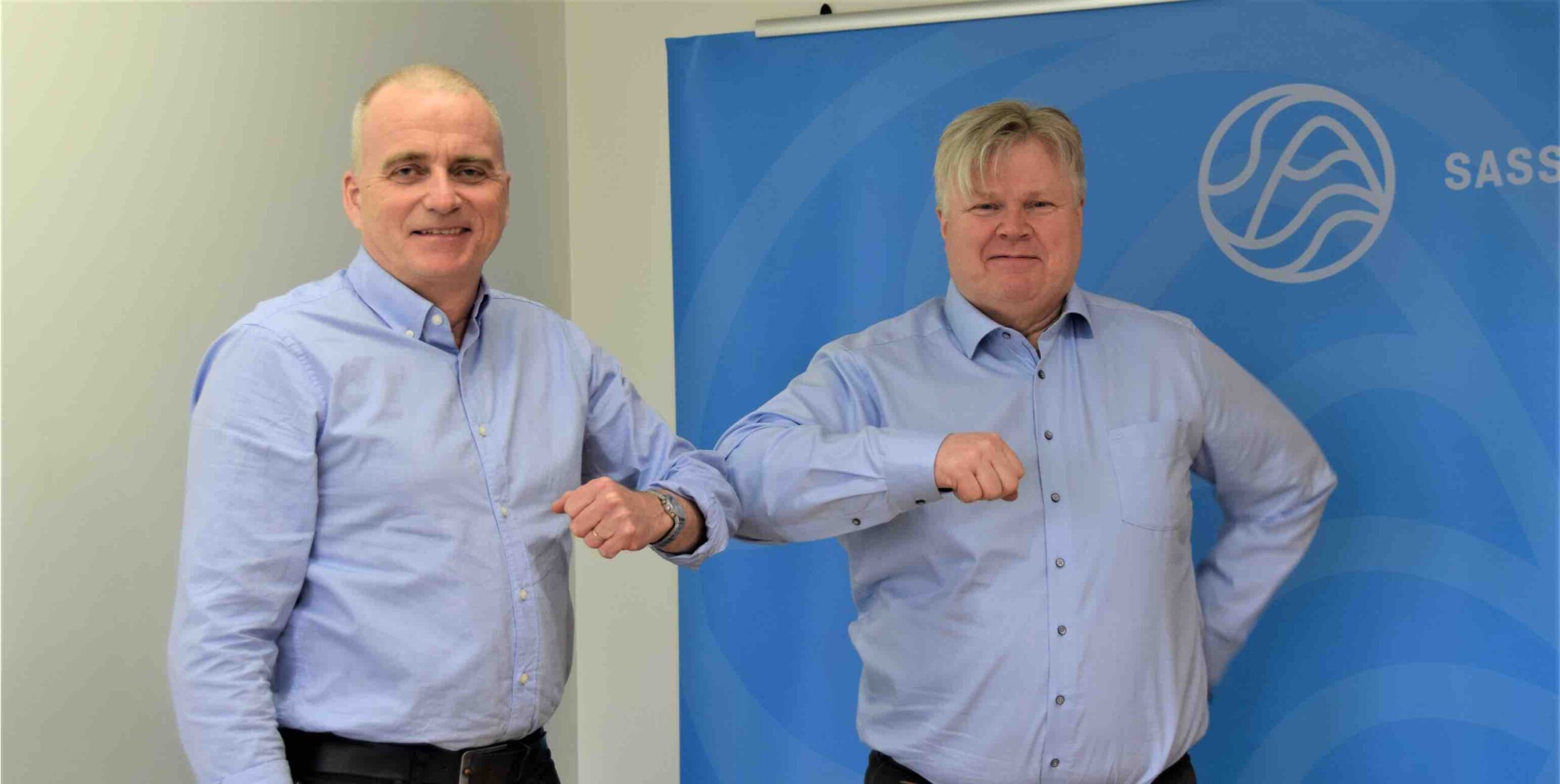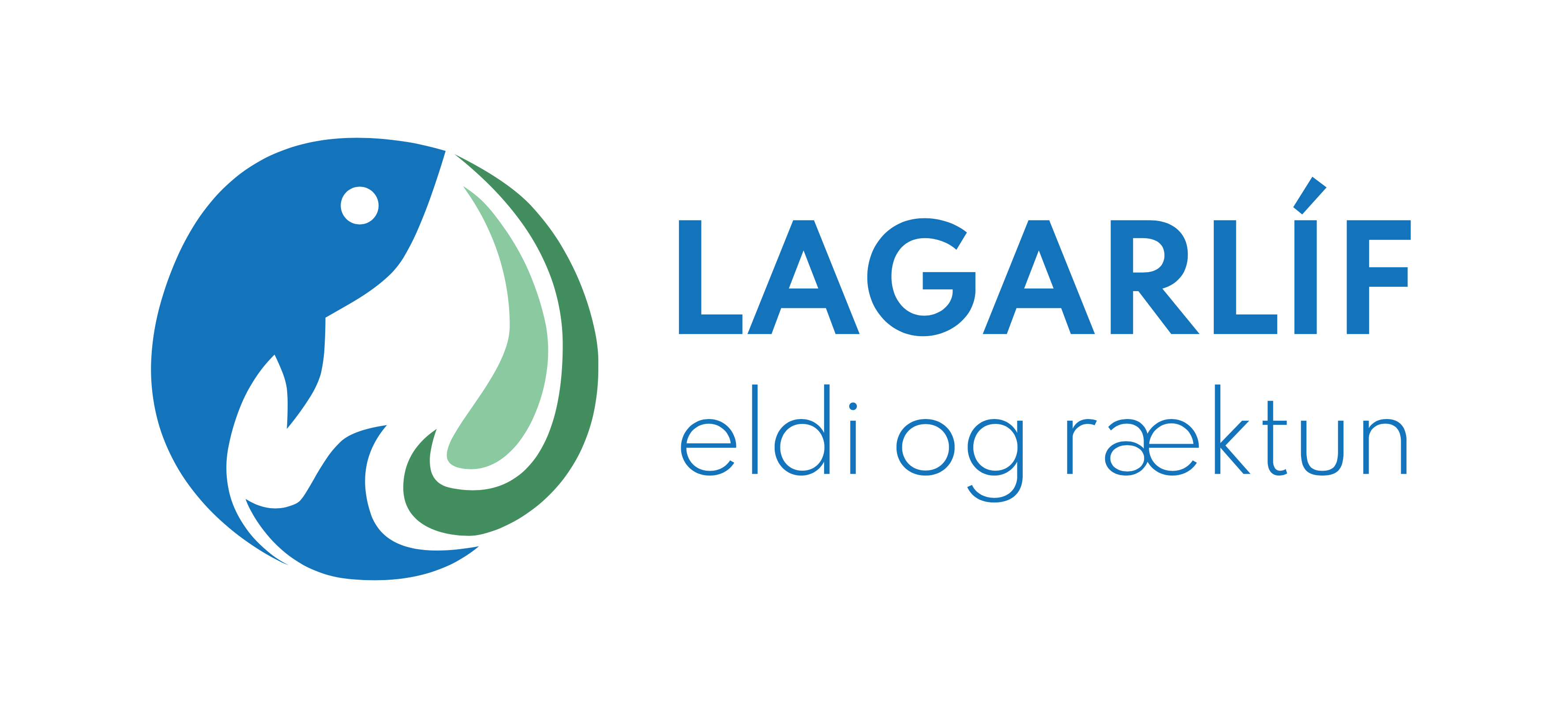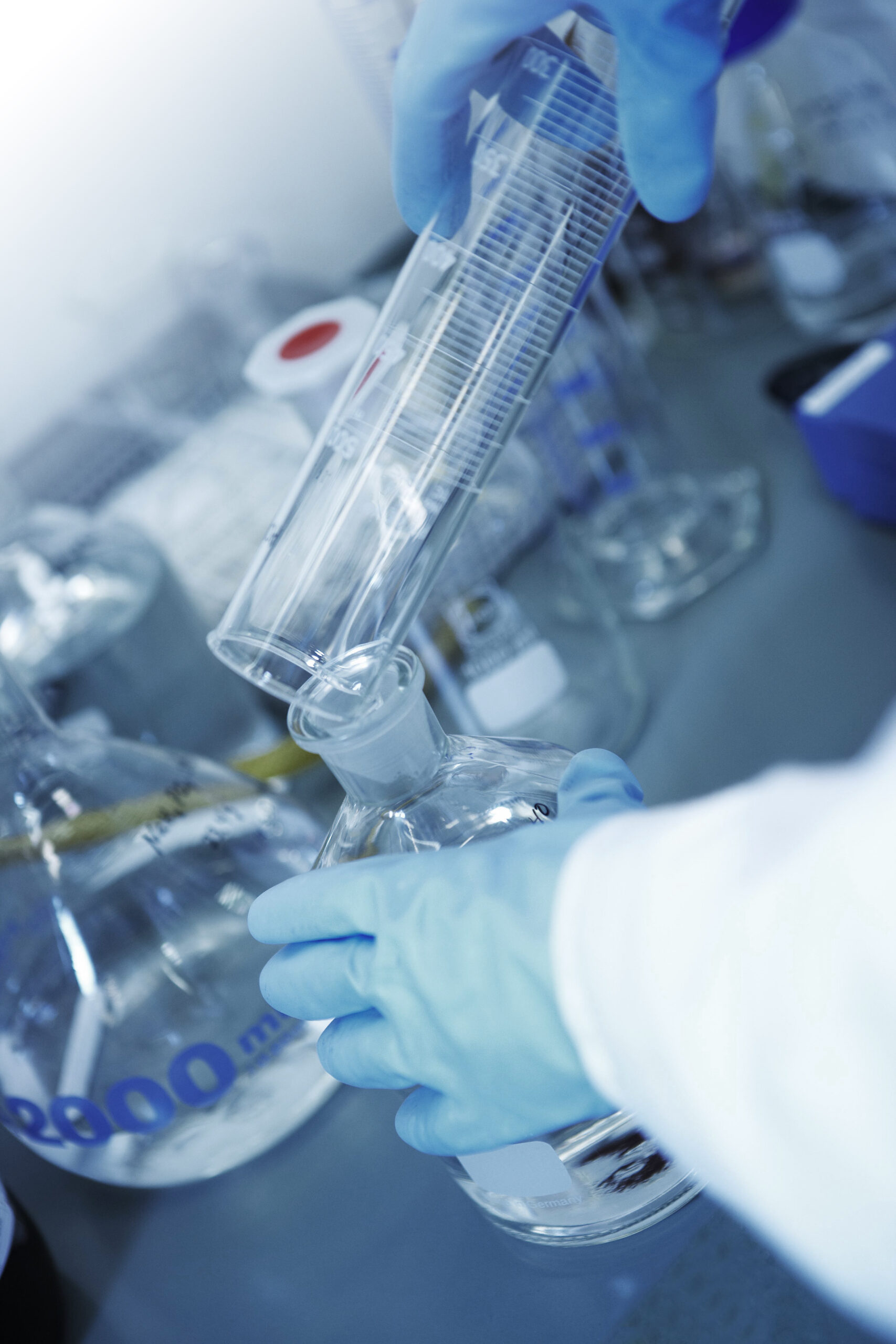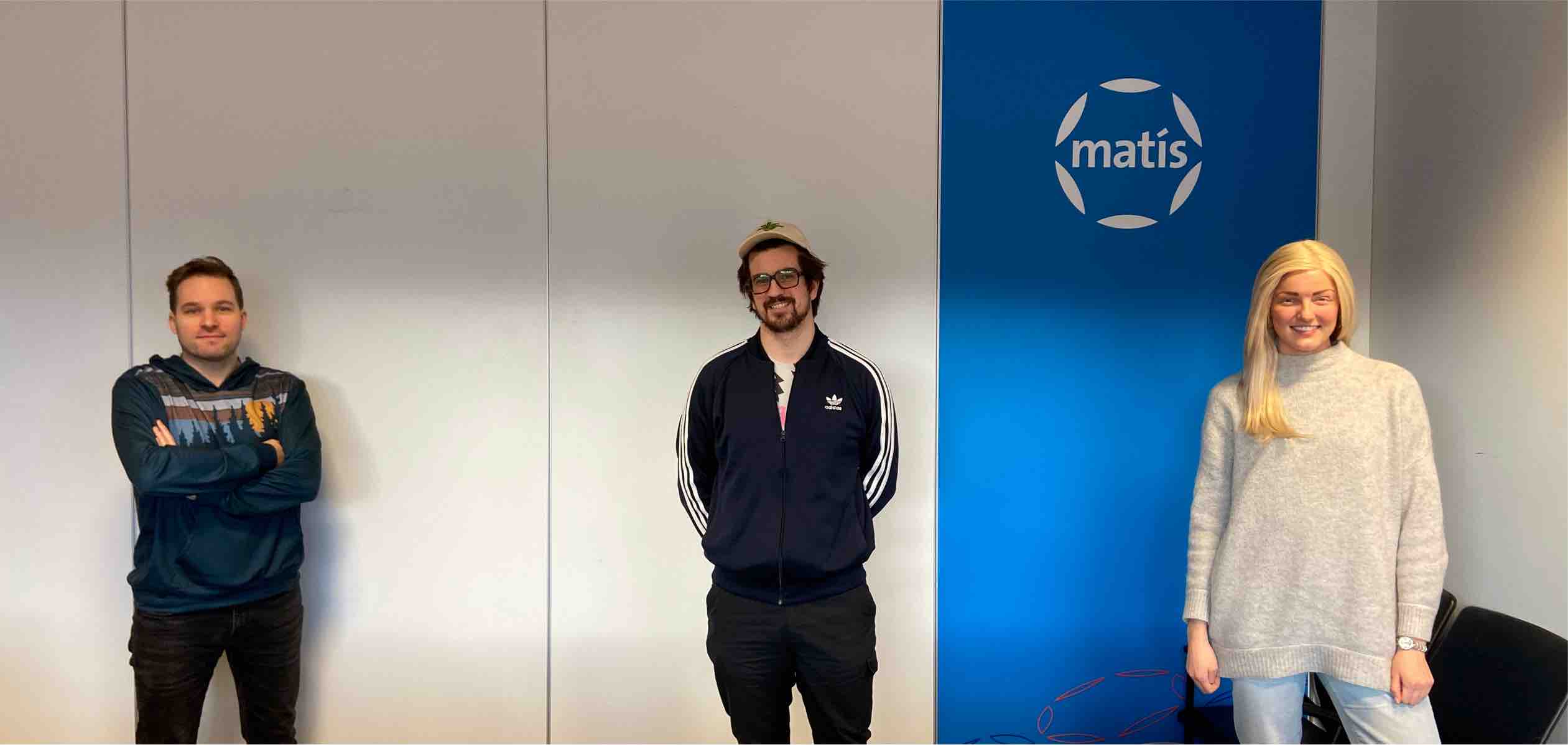Utilize aquaculture manure, human sludge, compost, sulfur and more
Í síðastliðinni viku fór fram undirbúningur og hráefnaöflun fyrir fyrstu jarðræktartilraunir hjá Landgræðslunni og Landbúnaðarháskóla Íslands. Starfsmenn Matís hafa staðið
Utilize aquaculture manure, human sludge, compost, sulfur and more Nánar »
